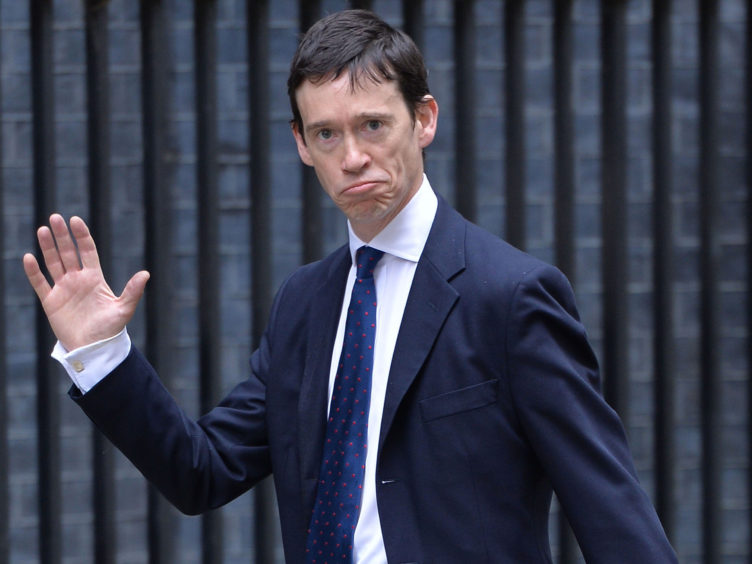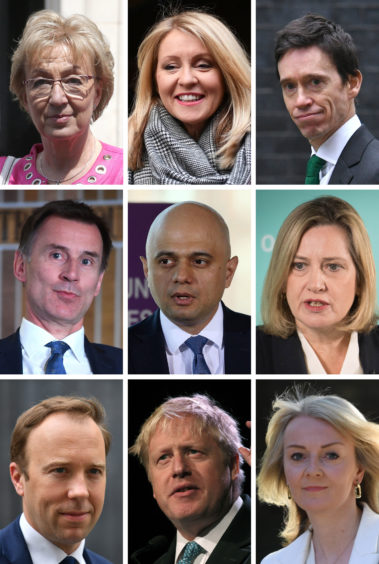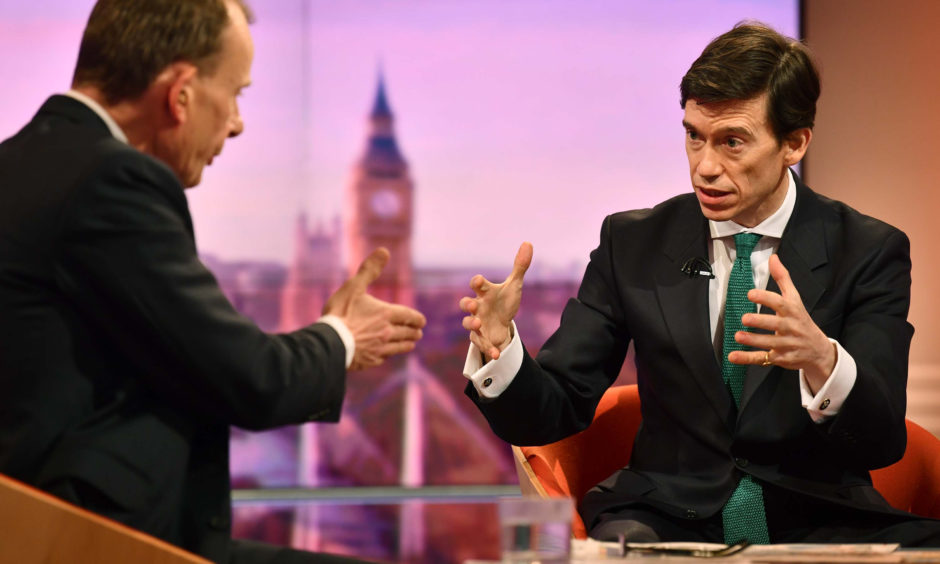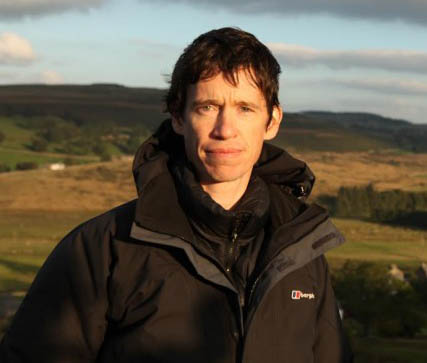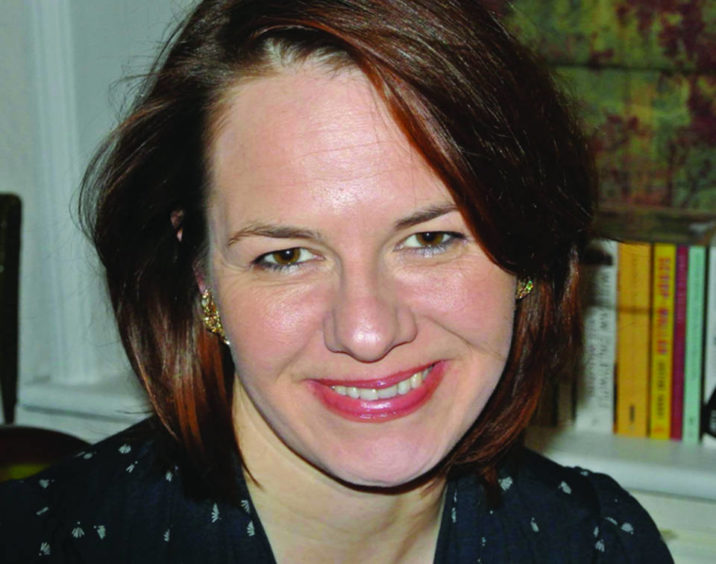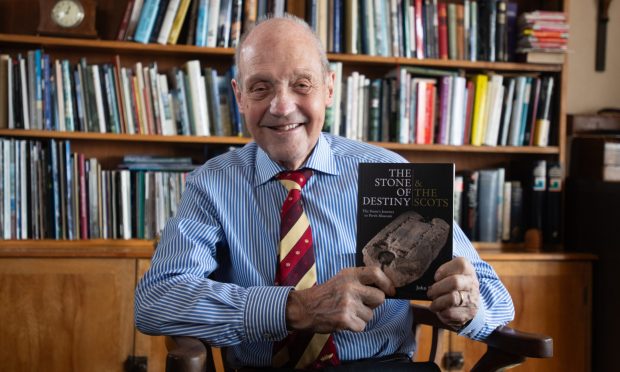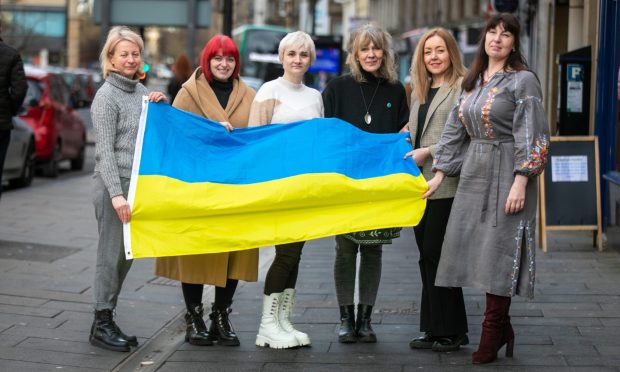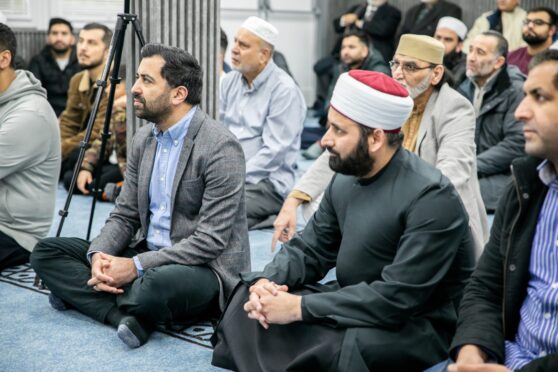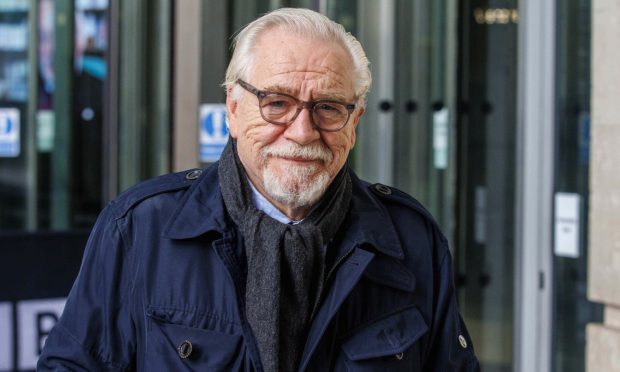From a 6000-mile trek, being nanny to Prince William and having his life story bought by Brad Pitt, Michael Alexander profiles Conservative leadership candidate Rory Stewart, who has family links to Perthshire and Angus.
As Brexit lurches from one crisis to the next and debate continues over whether Scotland is literally polls apart when it comes to future membership of the UK and EU, the small matter of who should be the next prime minister continues to divide opinion.
From Boris Johnson to Dominic Raab and Esther McVey to Andrea Leadsom, Theresa May’s decision to stand down as Conservative leader on June 7 after failing to deliver Brexit has opened the floodgates to a deluge of ambitious candidates jostling for the top job.
Scotland is no stranger to having been a cross-party breeding ground for some of Britain’s best – and worst – prime ministers over 300 years.
From John Stuart, 3rd Earl of Bute – the first Prime Minister from Scotland after the Acts of Union in 1707 (in office 1762/63), to Tony Blair (1997-2007) and Gordon Brown (2007-2010) – there have been at least nine Scottish-born PMs, plus more who can claim Scottish links or descent.
But could half-Scottish Conservative leadership candidate Rory Stewart, whose family has roots in Perthshire and Angus, be the next Anglo-Scot to take over the prime ministerial reins?
The International Development Secretary and staunch unionist, who married in Crieff and had a brief stint as a Black Watch officer, would like to think so.
Seen as the softest Brexiter running, and stressing the importance of preserving the integrity of the UK, he says he wants to leave the EU with a deal and then move on to tackle pressing domestic policies – fearing that those “who try to out-Farage Farage” and push a “right-wing vision” will tear the country apart.
Yet according to bookies, the Eton and Oxford University-educated Cabinet minister, who lived in Afghanistan for several years as chairman of a human development organisation, remains an outsider for the top job.
Born Roderick James Nugent ‘Rory’ Stewart in Hong Kong, Rory Stewart, now 46, is the son of the late-Glenalmond College-educated former MI6 officer Brian Stewart who served with the Black Watch at Normandy and retired to the family home at Broich House, near Crieff.
Rory Stewart, whose great aunts lived in Kirriemuir, was brought up in Malaysia and Scotland and was educated at Eton College.
During his gap year in 1991, he served a short service limited commission with the Black Watch before reading philosophy, politics and economics at Balliol College, Oxford.
While a student at Oxford, he was a private tutor to Prince William and Prince Harry.
He joined the UK Diplomatic Service, serving overseas in Jakarta, as British representative to Montenegro in the wake of the Kosovo crisis, and as the coalition Deputy-Governor of two provinces in the Marsh Arab region of Southern Iraq following the Iraq intervention of 2003. On leave from the Foreign Service, he walked for 21 months crossing Iran, Afghanistan, Pakistan, India and Nepal, staying in 500 village houses on the journey.
From 2005 to 2008 he was the Chair and Chief Executive of the Turquoise Mountain Foundation based in Kabul, which he built from 100 to 300 employees, working to restore a section of the old city, establish a clinic, primary school, and Arts Institute, and bring Afghan crafts to international markets.
In 2008, he was appointed as the Ryan Family Professor of the Practice of Human Rights and Director of the Carr Centre of Human Rights at Harvard University’s Kennedy School of Government.
Awarded the OBE for his work in Iraq and the gold medal of the Royal Scottish Geographical Society, he has written four books – including descriptions of his time in Afghanistan and Iraq – and has presented three BBC television documentaries about his travels.
He has been Conservative MP for Penrith and The Border since 2010.
In May he was appointed Secretary of State for International Development, having previously held roles including Minister of State at the Ministry of Justice and Minister of State for Africa in both the Foreign and Commonwealth Office.
It’s hardly been a typical upbringing – even catching the eye of Brad Pitt who bought the film rights for his life story a decade ago!
But perhaps not surprisingly, Stewart’s former chief of staff who ran his three general election campaigns over nine years, thinks he’s the right man to be PM – and she said his “Scottish-ness” and strong belief in the UK was something he’s “incredibly proud of”.
Speaking in her personal capacity – and not in her current role as chief executive of the Jo Cox Foundation – Catherine Anderson told The Courier she was drawn to Rory’s internationalism as well as the fact he gets so immersed in his constituency to understand the communities he represents.
“Rory is someone who is not afraid to display some of the qualities that people actually think politicians lack,” said Catherine, who set up a similar charity to Rory in the Indian Himalayas.
“Humility, honesty, he’s extremely empathetic – he’s got the ability to talk to pretty much anyone that crosses his path and be able to communicate in a very human way with people.
“I guess what I’m saying is he’s extremely authentic and genuine. To be a politician you also have to incredibly driven, hard working. I’ve never met anyone who works as long or as hard as Rory does.”
Ian Acheson, a former prison governor, who led an independent review of Islamist extremism for Michael Gove and advised Rory Stewart on prison reform and safety as prisons minister, describes Rory as “refreshingly normal” and would make a great PM.
“What is quite striking about him in my experience of dealing with politicians and government ministers is that he has a kind of restless intellectual curiosity about the world,” he told The Courier.
“He’s not by any stretch of the imagination a typical politician.
“He has a quite extraordinary hinterland of personal experience and achievement outside of politics.
“He has experience of working in a high pressure high stakes environment and making the right call and making a difference. That decisiveness, that moral and intellectual acuity and his ability to connect with people who are very different from his very particular background makes him stand out from the herd.
“Yet despite his remarkable life story, he’s refreshingly normal and has great ideas to change this country for the better.”
